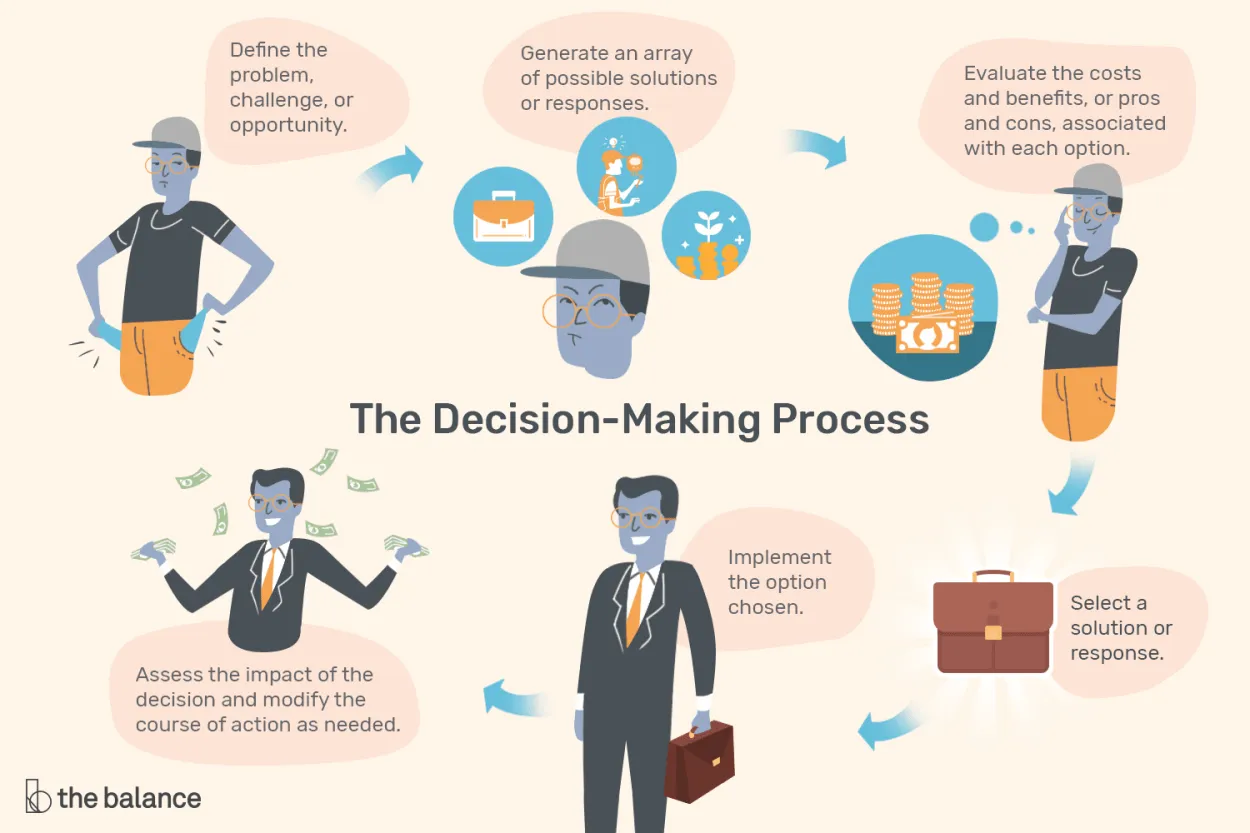In today’s dynamic and competitive business landscape, making informed decisions is crucial for the success and survival of any organization. This article explores the importance of gathering accurate data, conducting thorough analysis, and considering potential risks and opportunities. By making informed business decisions, companies can enhance their strategic planning, drive growth, and ensure long-term profitability.
Gathering and Analyzing Market Research
In today’s competitive business landscape, making informed decisions is crucial for the success of any company. One of the essential steps in this process is gathering and analyzing market research. By conducting thorough market research, businesses can gather valuable insights and data on their target audience, competitors, industry trends, and customer preferences.
Market research involves various methods to collect relevant information. This can include surveys, interviews, focus groups, online research, and data analysis. The data collected is then carefully analyzed to identify patterns, trends, and opportunities that can inform business decisions.
By gathering market research, businesses can gain a deeper understanding of their target market. This includes identifying their needs, preferences, and purchasing behaviors. This knowledge can help companies tailor their products or services to better meet customer demands, leading to increased customer satisfaction and loyalty.
Furthermore, market research allows businesses to keep a close eye on their competitors. By analyzing their competitors’ strategies, strengths, and weaknesses, companies can identify areas where they can gain a competitive advantage. This can involve developing unique selling points, improving products or services, or implementing more effective marketing campaigns.
Market research also provides insights into industry trends and shifts in consumer behavior. By staying up to date with the latest market developments, businesses can adapt their strategies and offerings to align with changing customer demands. This ensures they stay relevant and competitive in the long run.
In conclusion, gathering and analyzing market research is an integral part of making informed business decisions. It helps companies understand their target market, identify opportunities, and gain a competitive edge. By utilizing market research effectively, businesses can make strategic choices that drive growth and success.
Utilizing Data to Drive Decision-Making
Data plays a crucial role when it comes to making informed business decisions. By analyzing and interpreting data, businesses can gain valuable insights that can guide their decision-making process.
Firstly, data provides businesses with a clear understanding of their current performance. This includes key metrics such as sales, customer engagement, and market share. By examining these data points, businesses can identify strengths, weaknesses, and areas for improvement.
Furthermore, data allows businesses to identify trends and patterns. By analyzing historical data, businesses can spot recurring patterns that can help them predict future outcomes and make strategic decisions accordingly. This enables businesses to stay ahead of the competition and take advantage of opportunities.
Moreover, data-driven decision-making helps businesses reduce risk. By collecting and analyzing data, businesses can make more informed choices, minimizing the chances of making costly mistakes. It allows businesses to test hypotheses, validate assumptions, and make decisions based on evidence rather than intuition.
In addition, data provides insights into customer behavior and preferences. By analyzing customer data, businesses can understand their target market better, personalize their marketing strategies, and deliver a more tailored customer experience. This can lead to increased customer satisfaction and loyalty.
In conclusion, utilizing data to drive decision-making empowers businesses to make informed choices, identify opportunities, reduce risk, and enhance their overall performance. By harnessing the power of data, businesses can gain a competitive edge in today’s data-driven marketplace.
Seeking Expert Advice and Input
When it comes to making informed business decisions, seeking expert advice and input is crucial. With the ever-changing and competitive nature of the business landscape, relying solely on your own knowledge and experience may not be enough to ensure success. By seeking the guidance of experts in your industry, you can gain valuable insights and make more informed choices.
Experts bring a wealth of knowledge and experience that can help you navigate complex issues and identify potential risks and opportunities. They can provide different perspectives and challenge your current thinking, allowing you to consider alternative strategies and optimize your decision-making process.
Furthermore, consulting with experts can help you stay updated on the latest industry trends and best practices. This knowledge can give you a competitive edge and help you make decisions that align with the current market conditions. Whether it’s seeking advice from industry consultants, attending conferences and seminars, or joining professional networks, actively seeking expert input can greatly enhance your decision-making capabilities.
It’s important to note that seeking expert advice does not mean blindly following their recommendations. Rather, it should be seen as a valuable source of information to complement your own expertise. By combining your knowledge with expert insights, you can make well-rounded and informed business decisions that have a higher likelihood of success.
Overall, seeking expert advice and input is an essential part of making informed business decisions. It allows you to tap into a pool of knowledge and experience outside of your own, enabling you to consider different perspectives, identify risks and opportunities, and stay ahead in the ever-evolving business landscape.
Conclusion
In conclusion, making informed business decisions is crucial for the success and growth of any organization. By gathering relevant data, analyzing it with the help of advanced technologies and tools, and considering various factors and strategies, businesses can make more accurate and informed decisions. This not only reduces risks but also increases profitability and enables businesses to stay ahead in today’s competitive market.




